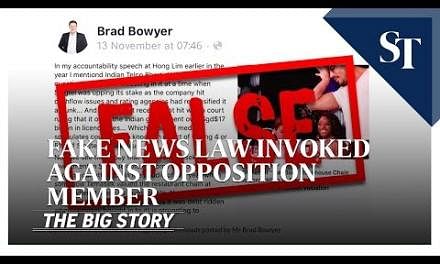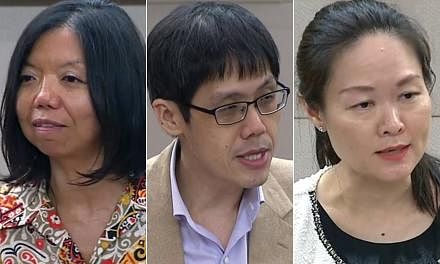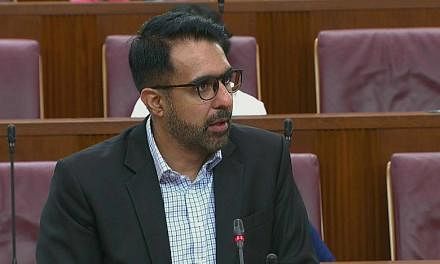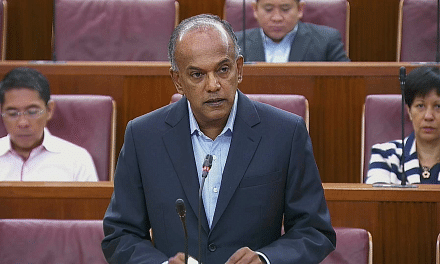The Online Citizen (TOC) and its editor have published an article and a Facebook post on the fake news law which contain falsehoods, the Ministry of Communications and Information (MCI) and the Ministry of Law (MinLaw) said yesterday.
MCI said in a post on its Facebook page that the post by TOC's chief editor Terry Xu and the article on TOC's website "incorrectly assert that ministers can use the Protection from Online Falsehoods and Manipulation Act (Pofma) during the elections to restrict and curtail online content", for example.
"The Act states that for the entire election period ministers cease to exercise their powers under Pofma. Instead, senior civil servants are appointed as the ministers' alternate authorities for the election period," said MCI in the post titled, "MCI and MinLaw clarification on Terry Xu's FB post and TOC article".
"The robust safeguards on the use of Pofma will continue to be in place during the elections. It is disingenuous to talk about the need for voters to know 'what actually happened', while suggesting that falsehoods should be allowed to go unaddressed during an election period," the ministries added.
Mr Xu's Facebook post, "What the Pofma appeal timeframe means in a General Election", was published last Friday. In it, he noted that Singapore's election is typically nine days long from Nomination Day to Polling Day, saying: "If someone whistle-blows during an election or just prior... the ruling party can throw a takedown or correction order on the story or statement... only for the story to be proven correct after the election is won without the voters knowing what actually happened."
The article by Ghui on TOC's website, titled "Has anyone thought about this one way top down enforcement of so called 'fake news'?", was put up last Saturday. It asked: "Is there a risk of this legislation being used to silence critics for a crucial 9 days in the lead up to an election?"
Pofma was passed by Parliament in May after over a year of public consultation, including a Select Committee hearing, and took effect last Wednesday. It defines a falsehood as a statement of fact that is false or misleading. It gives ministers the power to order the removal or corrections of online falsehoods, and order accounts or sites that spread untruths to be blocked.
A person who disagrees with a minister's decision can have his appeal heard in the High Court as early as nine days after initiating a challenge to the minister.
Mr Xu said on Facebook that he disagreed with MCI's statement on his post and TOC's article because the two are opinions by the authors on how Pofma could be abused during a general election.
He also suggested that MCI's reply did not explain the matter of whether ministers would be selecting the senior civil servants in charge of exercising the powers granted under Pofma, in place of the minsiters, during an election period.













